PSCHE
At Holy Trinity Primary School and Nursery, our PSCHE curriculum promotes positive behaviour, mental health, wellbeing, resilience and achievement. It intends to help children understand how they are developing personally and socially, and tackles many of the moral, social and cultural issues that are part of growing up. Values-based education underpins
everyday life at HTPS, providing our children with opportunities for them to learn about rights and responsibilities and appreciate what it means to be a member of a diverse society.
We use the SCARF Programme from Coram Life Education which brings consistency and progression to our children’s learning in this vital curriculum area. SCARF represents our values for children of Safety, Caring, Achievement, Resilience and Friendship. It intends to contribute significantly to developing the four capacities, supporting children and young people to become:
- Successful learners
- Confident individuals
- Responsible citizens
- Effective contributors
For Citizenship, the intent is to help children:
- Develop confidence and responsibility and make the most of their abilities
- Prepare to play an active role as citizens
- Develop a healthy, safer lifestyle
- Develop good relationships and respect the differences between people
Key Curriculum Documents

